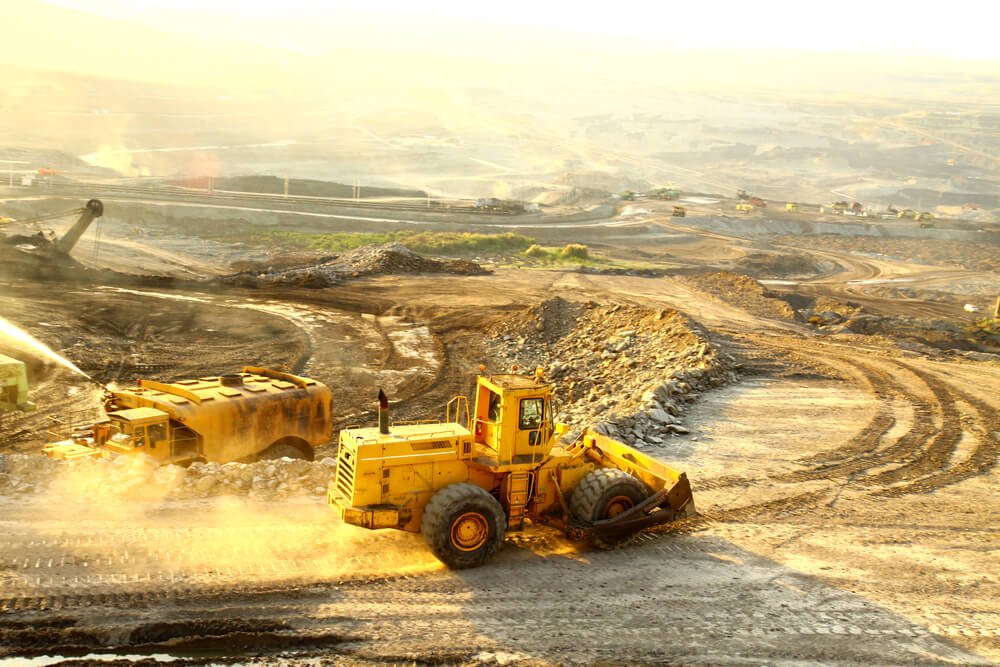China’s Dominance in Critical Minerals Poses Challenge for the West

Despite efforts by Western countries to reduce reliance on China for critical minerals essential for defense and green technologies, Chinese companies are becoming increasingly dominant. Their expansion and increased supply are causing global prices to drop, making it difficult for challengers to compete.
"China is not just standing still waiting for us to catch up," said Morgan Bazilian, director of the Payne Institute at the Colorado School of Mines. "They are making investments on top of their already massive investments in all aspects of the critical-minerals supply chain."
A prime example is nickel, crucial for electric vehicle (EV) batteries. Chinese processing plants in Indonesia are producing large quantities of nickel from new and expanding facilities, significantly impacting the market. In contrast, Western companies like Glencore are suspending operations at their nickel plant in New Caledonia, and the U.K.'s Horizonte Minerals has seen investors pull out of its Brazilian mine project due to oversupply concerns.
Lithium projects in the U.S. and Australia have been postponed or suspended following a surge in Chinese production. The only dedicated cobalt mine in the U.S. suspended operations last year, struggling against the influx of Chinese-produced cobalt.
According to Darton Commodities, non-Chinese production of refined cobalt hit a 15-year low last year. Fastmarkets data shows the share of lithium mining by Chinese companies has grown from 14% in 2018 to 35% this year, with lithium processing within China increasing from 63% to 70%.
Western producers are concerned about the continued oversupply from China. "China has tended to build more capacity whether it's in aluminum, or cement, or nickel," said William Adams of Fastmarkets. "Chinese companies all gun for market share, leading to oversupply."
Canadian Deputy Prime Minister Chrystia Freeland recently highlighted the issue, suggesting that China might intentionally flood the market to drive Western companies out of business, though no evidence was provided for this claim. China's Foreign Ministry did not respond to a request for comment.
Chinese companies, bolstered by aggressive acquisitions, continue to ramp up production. Zijin Mining, a Chinese state-backed company, plans to increase lithium production significantly, leveraging its purchase of a mine in Argentina.
Western companies face high costs and regulatory challenges. Building a lithium refinery outside China is three to four times more expensive, according to the Oxford Institute for Energy Studies. Chinese companies, however, have mastered cost-effective and efficient processing technologies.
Talon Metals, with a rich nickel reserve in Minnesota, is trying to compete with U.S. government support. Tesla has agreed to buy its nickel, and the Energy Department has earmarked funds for a refinery in North Dakota. However, Talon's share price has dropped significantly due to the influx of Chinese nickel from Indonesia.
Western companies argue they face an unfair fight against Chinese companies that receive state financing. Queensland Pacific Metals, developing a nickel-processing plant in Australia, has shifted focus due to low nickel prices and market challenges.
China's strategic focus on minerals is evident in its Belt and Road Initiative investments, which reached record levels last year. Chinese loans for mineral projects in developing countries often offer lower rates than commercial loans, making it harder for Western companies to compete.
U.S. legislation passed in 2022 incentivizes EV manufacturers to source minerals domestically or from free-trade partners, with new tariffs on critical minerals from China announced recently. These measures aim to drive demand for Western-sourced minerals, though the effectiveness remains uncertain.
Albemarle, the largest U.S. lithium producer, highlighted the financial challenges of establishing a complete Western lithium supply chain without higher prices. The current economics do not support new greenfield projects in the West, according to CEO Kent Masters.
Western miners remain hopeful that these policy measures and market conditions will eventually level the playing field, but the dominance of Chinese companies continues to pose a significant challenge.





